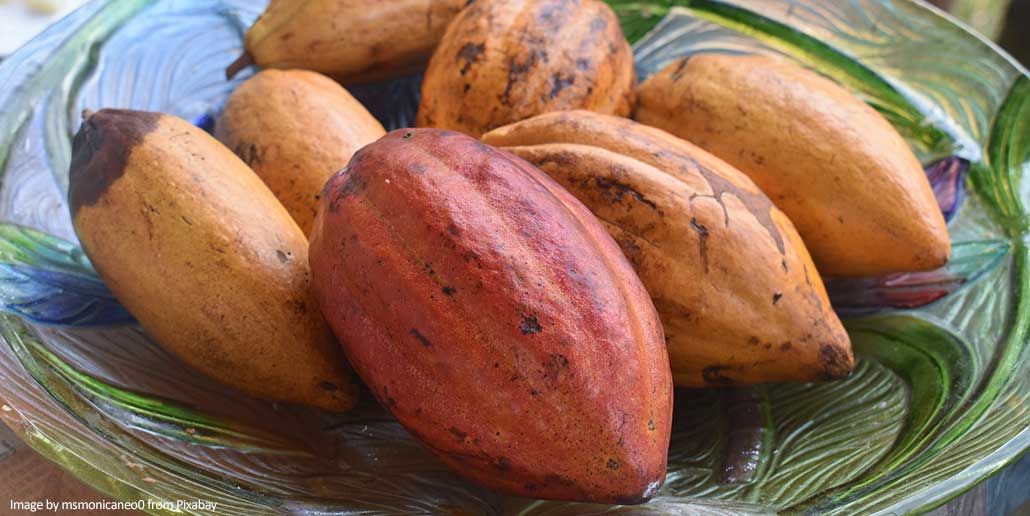
The Rise of Fair Trade Certifications
Fair trade certification has emerged as a significant movement aimed at promoting equitable trading practices, ensuring fair wages, and fostering sustainable development for producers in developing countries. Over the past few decades, the rise of fair trade certifications has had a profound global impact, influencing consumer behaviour, enhancing producer livelihoods, and contributing to community development.
Growth of Fair Trade Certifications
The fair trade movement has experienced substantial growth since its inception. As of 2019, global sales of Fair Trade products reached $9.2 billion, reflecting a growing consumer demand for ethically sourced goods. This surge in sales has directly benefited over 1.66 million farmers and workers who are members of Fair Trade certified cooperatives worldwide.
In the United States, awareness of the Fairtrade Mark has seen a remarkable increase. A 2023 survey revealed that 61% of U.S. consumers recognize the Fairtrade Mark, up from 41% in 2021—a 118% increase in less than five years. Additionally, nearly 80% of these consumers are willing to pay more for products to ensure producers receive a fairer price, indicating a strong commitment to ethical purchasing despite economic challenges.
Economic and Social Impact
The financial benefits of fair trade certifications are substantial. Since 1998, Fair Trade premium payments have totalled more than $700 million. These premiums are invested in community development projects, including the construction of over 600 schools and the provision of healthcare services, thereby improving the quality of life in producer communities.
Fair Trade USA reports that more than $1 billion in financial benefits have been delivered to producer communities to date. These funds are often allocated through Community Development Funds, allowing farmers and workers to democratically determine their areas of need, such as education, healthcare, and infrastructure improvements.
Environmental Impact
Fair trade certifications are not only about equitable trade but also about fostering environmentally sustainable practices. Certified producers must adhere to stringent environmental standards that include reducing the use of harmful chemicals, implementing integrated pest management, and promoting organic farming techniques. For instance, many Fair Trade coffee producers have adopted shade-grown practices, which preserve biodiversity and reduce soil erosion. According to Fairtrade International, over 50% of all Fair Trade certified products are now organic, demonstrating a significant commitment to environmental stewardship.
Moreover, fair trade encourages climate resilience among smallholder farmers. By investing in sustainable agricultural practices and providing training, farmers are better equipped to adapt to climate change. For example, some cooperatives use Fair Trade premiums to plant trees, which not only sequester carbon but also provide shade and improve soil quality. Such initiatives contribute to combating deforestation and mitigating the effects of global warming, ensuring that fair trade practices support both people and the planet.
Consumer Behavior and Market Trends
Consumer behaviour has shifted significantly in favour of fair trade products. In the U.S., 85% of shoppers indicated that the Fairtrade label positively influences their perception of a brand. Furthermore, two-thirds of consumers familiar with Fairtrade prefer to shop at retailers that carry certified products. This trend is evident in product categories such as coffee and chocolate, where consumers are willing to pay up to 35% and 55% more, respectively, for Fairtrade certified options.
Globally, the Fairtrade Mark remains the most recognized ethical label, with 71% of shoppers indicating awareness. This widespread recognition has led to the availability of over 30,000 Fair Trade certified products in the market, providing consumers with a diverse range of ethical choices.
Challenges and Future Outlook
Despite the positive impact, challenges remain. Producers continue to face issues such as climate change, fluctuating market prices, and the need for greater market access. However, the growing consumer demand for ethically sourced products and the increasing recognition of fair trade certifications suggest a promising future. Businesses are responding to this demand by incorporating fair trade practices into their supply chains, further amplifying the movement’s impact.
In conclusion, the rise of fair trade certifications has led to significant economic, social, and environmental benefits globally. Through fair wages, community development, and sustainable practices, fair trade is reshaping global trade dynamics, empowering producers, and enabling consumers to make choices that align with their ethical values.
Sources:
- Worldmetrics: Fair Trade Statistics Statistics: Market Data Report 2024
- Fairtrade America: Recognition of Fairtrade more than doubles in four years, per 2023 consumer market research
- Fair Trade Certifed: Our Impact – Benefits & Advantages of Fair Trade Certified

